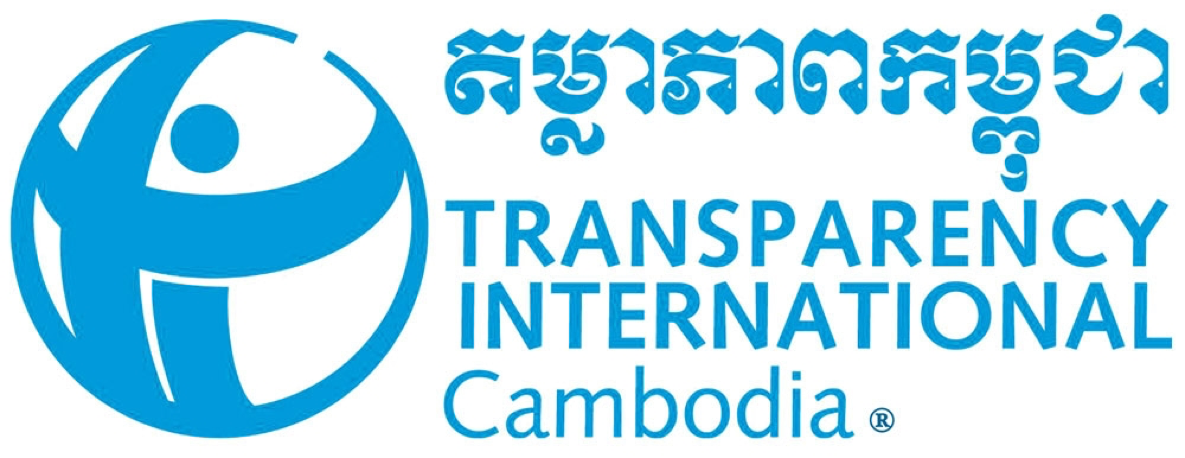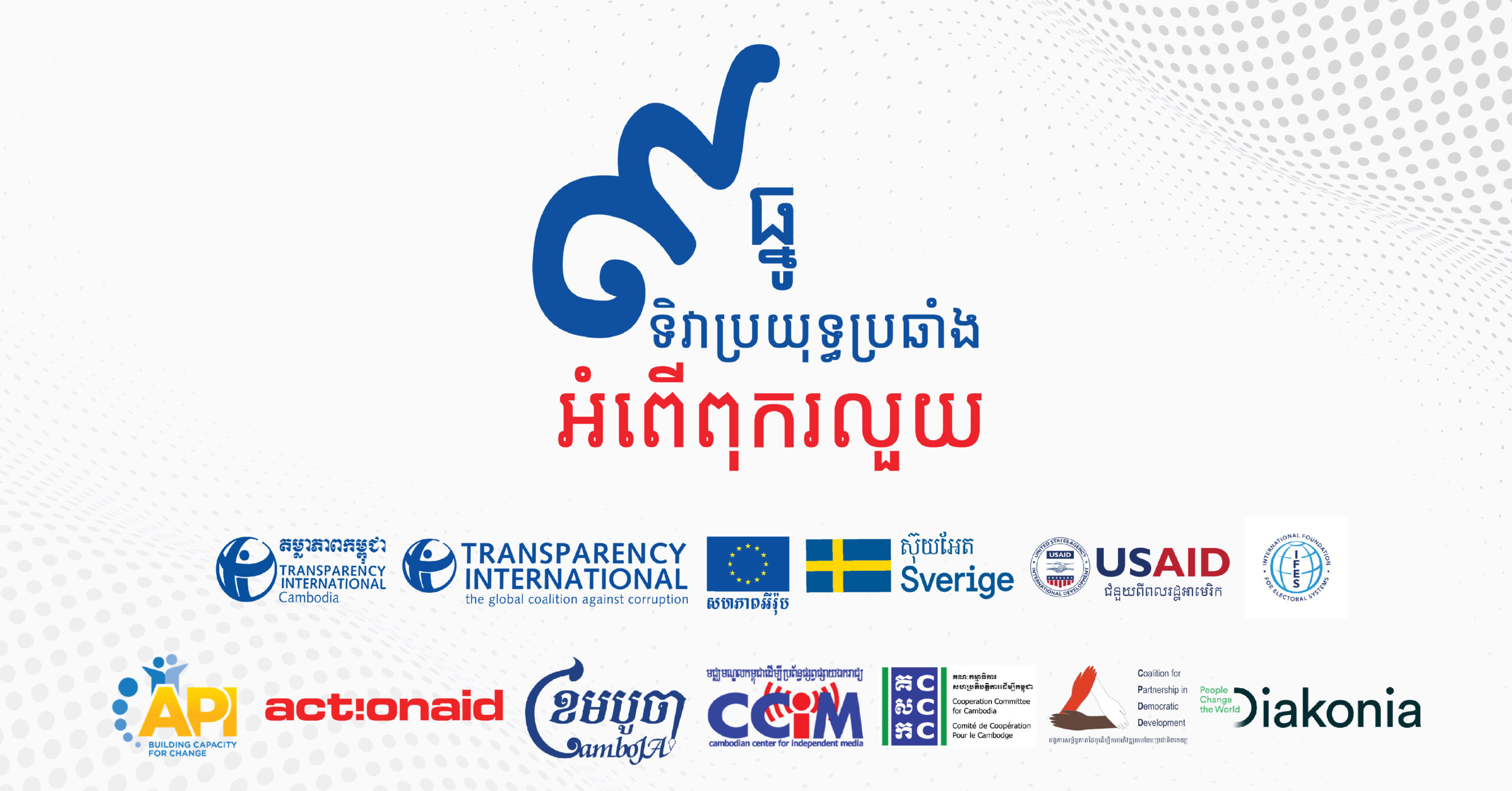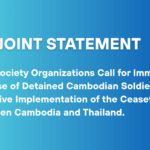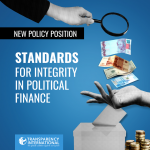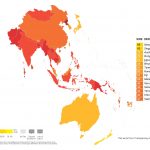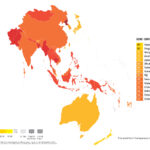PRESS RELEASE ANTI-CORRUPTION DAY 2022
Phnom Penh, 08 December 2022: Today, Transparency International Cambodia (TIC), Cambodian Journalists Alliance Association (CamboJa), Advocacy and Policy Institute (API), Coalition for Partnership in Democratic Development (CPDD), Cooperation Committee for Cambodia (CCC), Cambodia Center for Independent Media (CCIM), ActionAid Cambodia (AAC), and Diakonia joined the rest of the world in organising the 2022 International Anti-Corruption Day under the slogan Uniting the World Against Corruption. The one-day event aimed at mobilising all relevant stakeholders – including the government, civil society organisations, unions, youth activists, and vulnerable citizens – to discuss key corruption issues in Cambodia, their socio-economic and political impacts, and policy options and practical solutions in response to those issues. The Anti-Corruption Day also provided an opportunity for all parties involved to reflect on how far the anti-corruption effort has come, both globally and in Cambodia in particular; the challenges facing anti-corruption movements and activists; and ways forward.
Toward this end, a number of activities revolving around corruption and anti-corruption themes were held. These include a plenary session on “Anti-corruption: Participation, Protection and Space” and breakout workshop sessions under themes such as “Political corruption: Patronage, Rule of Law and Democracy”, “Cambodia at Crossroad: Money Laundering and Human Trafficking”, and “Fighting Conflict of Interest: A Pathway toward Better Playing Field in Private Sector”. In addition, the event also premiered three award-winning short videos and a number of short films about women and youth in the fight against corruption that were shortlisted for TI Cambodia’s award competition. In total, the event attracted 192 participants (130 females) who are young people and representatives of 22 institutions including the government, civil society organisations, private sector, unions and media.
Speaking at the event, representative of TI Cambodia, Dr Ro Vannak said that Cambodia has made some notable progress in the fight against corruption. “Successive empirical surveys conducted by Transparency International, for instance, have demonstrated that petty corruption in the form of day to day public service briberies have gradually declined over the past decade”, he noted. “However, overall, corruption remains a major issue affecting the country. For example, in the 2021 Corruption Perceptions Index (CPI) Cambodia ranked 157 among 180 countries assessed. In Southeast Asia, Cambodia was, like in the previous two years, placed bottom. What is more, according to the World Bank’s Worldwide Governance Indicators 2020, which measure six key dimensions of governance, Cambodia still fares poorly on all fronts, with most areas having gotten worse over the last five years, including control of corruption”.
Commenting on the state of corruption in Cambodia as well as ways to address the issue, Mr Pech Pisey, Executive Director of TI Cambodia, said that reducing corruption requires the participation of all stakeholders, particularly the general public. “However, studies by TI Cambodia, including a recent nationally representative survey, show that the Cambodian public, particularly young people, are reluctant to take part in this endeavour. A commonly cited reason has been a lack of an enabling political environment”, he noted.
Despite the barriers that prevent anti-corruption momentum to flourish in Cambodia, Mr Nop Vy – Executive Director of Cambodian Journalists Alliance (CamboJA), one of the event co-organisers –said in his closing remarks that “I have high hopes of young people whose role in the fight against corruption is significant”. He stressed that youth engagement today will bring positive changes including clean society in the next few years. Mr Vy also urged Cambodian youth to gain knowledge and utilise technologies in order to effectively partake in eliminating corruption in the country.
Through the discussions and input collection among experts and participants on the above-mentioned thematic areas, TI Cambodia and member NGOs of the Anti-Corruption Working Group call on the government to step up its anti-corruption reform agendas by:
- Uphold the rights to hold power to account. The government should end restrictions on freedoms of expression, association and assembly, and ensure that justice for crimes against human rights defenders must also be an urgent priority.
- Restore and strengthen institutional checks on power. Public oversight bodies such as anti-corruption agencies and audit institutions need to be independent, well-resourced and empowered to detect and sanction wrongdoings. Parliaments and courts must be independent and able to prevent executive overreach.
- Amend/adopt anti-corruption legislations/provisions and ensure that it meets international standards and practices. It includes the amendment of a number of articles in the anti-corruption law, especially those concerning asset declaration and malicious or false reports, the adoption of the draft laws on access to information and on protection of reporting persons, witnesses, experts and victims, the draft law on public procurement, and the draft of code of conduct for public officials, and the development of a regulation on political parties’ revenue and expenditure on election campaign.
- Promote fair competition and better level playing field for the private sector including improving information sharing and knowledge of legal compliance and business integrity among private sector, strengthening public servants’ performance at all levels, reducing conflict of interest, promoting corporate ownership transparency, advancing transparency in public procurement, and promoting equal compliance.
- Promote anti-money laundering and anti-human trafficking. The government should have a strong political will to effectively implement relevant legal and policy framework, equip concerned officials with necessary knowledge and skills, proactively investigate suspicious cases and punish the criminals without tolerance, and strengthen international cooperation with other countries.
TI Cambodia and member NGOs of the Anti-Corruption Working Group are committed and stand ready to engage with all relevant stakeholders to help implement key reform agendas in order to promote greater transparency, accountability and the rule of law in the country.
Download PRESS RELEASE ANTI-CORRUPTION DAY 2022
###
This post is also available in: Khmer
 English
English ភាសាខ្មែរ
ភាសាខ្មែរ